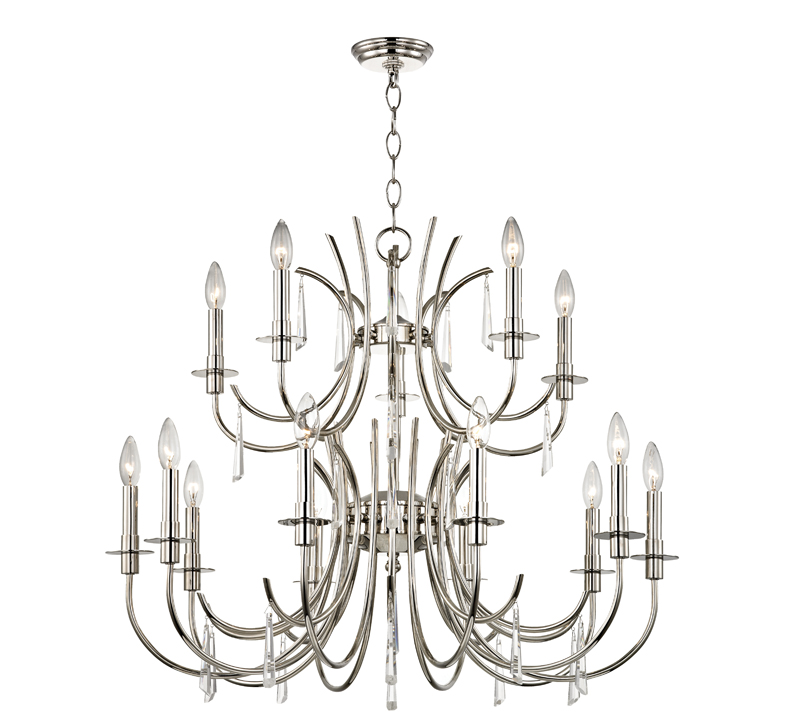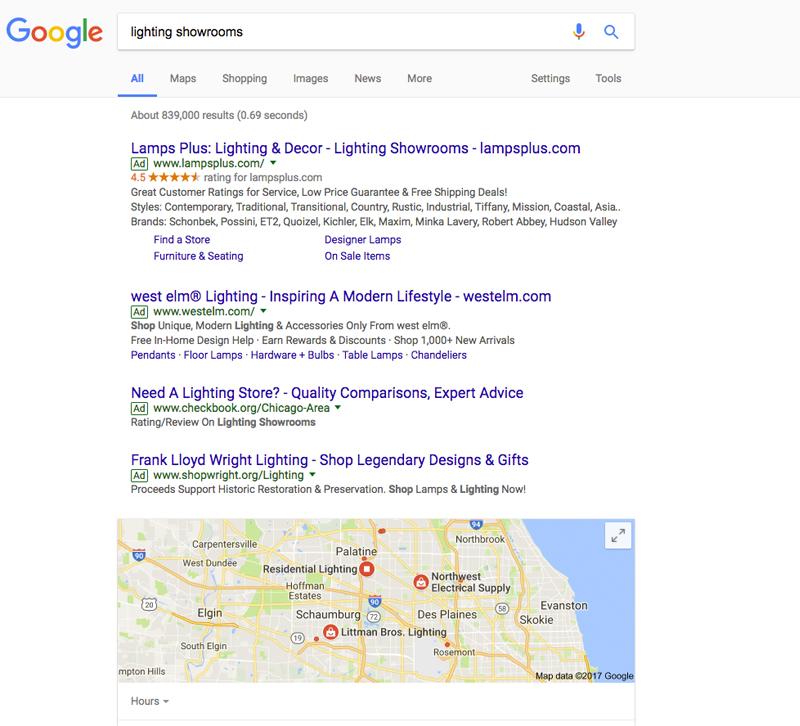Let's face it: keyword research is exhausting, especially if you're new to SEO. But if you want to get your showroom or design firm's website high in search results, then you need to play the keyword game.
Keywords essentially serve as the backbone of search engine algorithms. They tell Google's spider crawlers (the data collectors that determine what a site is about and how it should be categorized to appear in search results) what your website is and how it should be placed in search results. Keywords help the crawlers decide under which searches your site should appear and in what ranking order. For example, Google will show and rank interior design firms under the keyword "interior designer." The better your keywords are, the better chance you have of appearing higher up in search results.
Now you may think that being in the first-place spot is unnecessary, but consider this: Only 8.5 percent of searchers make it past the first page of search results, says Infront Webworks. Additionally, the first organic result usually receives 30 percent of the click-through traffic on search results. If that isn't a good reason to be on the first page of search results, we don't know what is.
Before you choose keywords, you need to do a little research to determine how your customers are searching for showrooms and design firms as well as products. That way, your site will be more likely to show up for customers actually looking for your business type and expertise, rather than similar yet unrelated searches.
Truth be told, there are a lot of factors that determine your site's ranking, but keywords are perhaps the most important, so it's important tht you use them and use them well. Here are four easy steps to better keyword research.
Ask a Consumer
As someone in the lighting and home decor industry, you know all the lingo. You know a pendant from a chandelier, and you can name off all of Vermont Modern's latest collections. Though certain brand names seem second nature to you, many of them are not household names. If you target lighting and home decor brands and collections, then you might not reach consumers.
To really choose the best keywords, you have to think like the average consumer - someone unfamiliar with the industry. Ask a friend or a family member outside the industry to describe how he or she would search for certain products in your showroom. For example, how would he or she search for this chandelier:

You and your friend may describe this Cody Chandelier from Crystoroma very differently.
Now if you try out your friend's search, you still may not get this particular chandelier to show up high in Google search results, but you'll have a better idea of the lingo your customers are using to describe lighting and home decor products. That lingo should help you choose better keywords. Ask a few friends and or family members outside the industry to do this exercise.
Use Your Location
If you were to search "lighting showroom," you'd probably get thousands of results for lighting showrooms all over the country. Your chances of making it to that elusive first page will be small, but if you tailor your search to include your city ("lighting showroom in Denver), then your search just got a lot smaller. Rather than compete with every lighting showroom in the United States, now you're just competing with the ones in Denver.
Adding a location instantly narrows your playing field, and if your competitors aren't as keyword-savvy as you are, then you won't have a problem knocking them out of the ranking.
Get Familiar with Keyword Planners
Now that you have some idea of which keywords to target, you'll need to select a keyword research tool to help you narrow down which keywords are worth targeting. Some keywords - like "chandelier" or "couch" - will have too many search results, so there's no point in joining a right that's already overrun with competitors.
The best keywords will be:
- Closely tied with your business
- High in the amount of search traffic
- Low in the competitive index
Basically, relevant keywords that are commonly searched but not targeted by your competitors will be your best chances. To find these keywords, try these planners:
Remember, you don't need to go after every single keyword related to your industry. Pick no more than three good keywords to target. You can always add more as you go along.
Integrate Keywords into Your Pages
Your keywords won't do you much good unless they actually show up on your website pages. Once you've chosen your keywords, go back to your website and look for ways to better integrate your keywords into the text. You may need to rework the copy on your pages or add new content to fit the keywords you want to target.
A word of caution: do not keyword stuff. Before Google's Panda upgrade, people would keyword stuff web pages, basically creating worthless content that repeated their targeted keywords over and over. In some cases, they would match the text color to the page background color so the reader couldn't see the useless content, but Google's spider crawlers would still read the text and rank the page higher in search results. Spam sites often used this practice, so Google implemented this update in order to push spam sites down and reward sites with helpful, original content.
Moving forward, continue to use those keywords in new web pages and especially blog posts.
What questions do you have about keyword research? Share them with us in the comments below!







